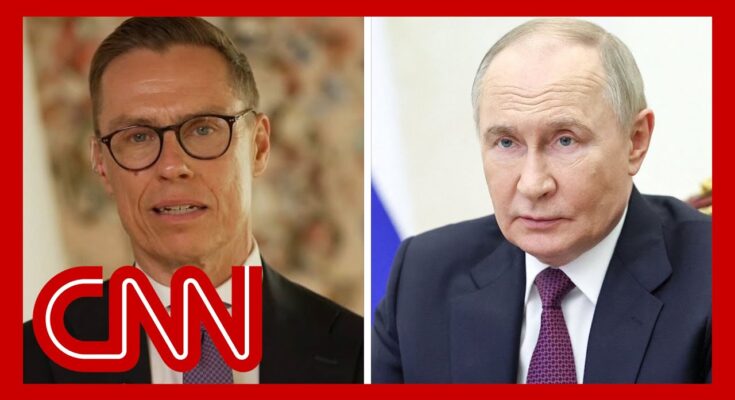In a bold and candid statement that has reverberated across the international community, Finland’s President has declared that Russian President Vladimir Putin committed “one of the biggest strategic mistakes in recent military history” by launching the full-scale invasion of Ukraine in February 2022. The comments, made during a high-level security forum in Helsinki, signal a dramatic escalation in Nordic rhetoric and reflect the shifting geopolitical realities in Europe since the onset of the war.
President Alexander Stubb, who took office in early 2024, is widely regarded as a seasoned statesman with a deep understanding of European affairs, having previously served as Finland’s Prime Minister, Finance Minister, and Foreign Minister. His remarks came during a panel discussion with defense experts and NATO officials, where he outlined Finland’s evolving defense posture and critiqued Moscow’s actions over the past three years.
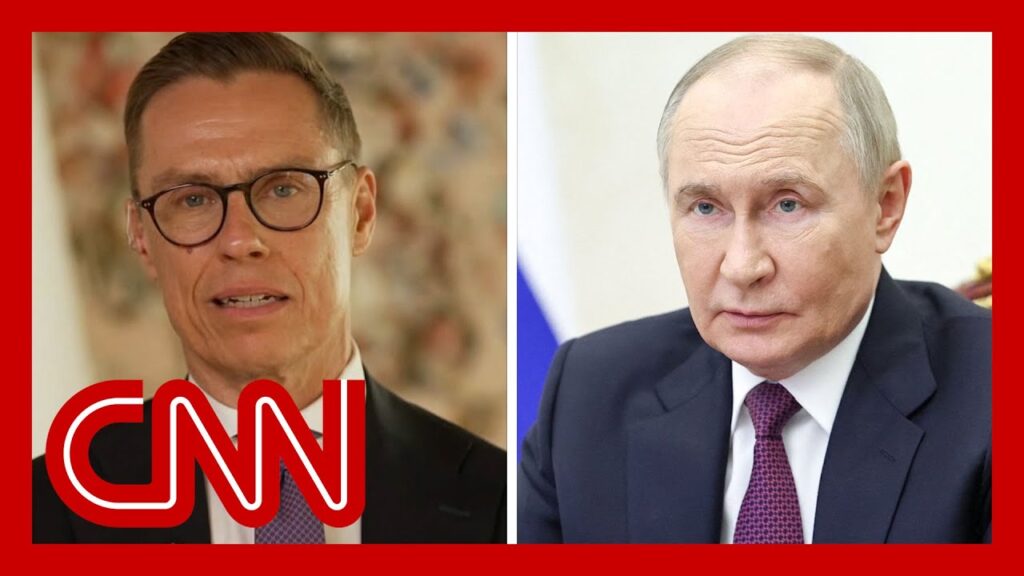
A Miscalculation With Historic Consequences
“Putin overestimated his military, underestimated Ukraine’s resilience, and completely misunderstood the unity of the West,” President Stubb said. “By attacking Ukraine, he didn’t just start a war—he triggered a cascade of geopolitical shifts that have backfired catastrophically on Russia.”
President Stubb emphasized that one of the most significant unintended consequences of Russia’s aggression was the historic expansion of NATO. Prior to 2022, Finland had maintained a careful posture of military neutrality for over 75 years. But in the wake of the invasion, public opinion in Finland shifted dramatically in favor of joining the Western military alliance, culminating in Finland’s official accession to NATO in April 2023.
“This was a strategic own goal by Russia,” Stubb said. “For decades, Finland kept a balanced stance, engaging both East and West. But Putin’s war forced our hand. Now, our security is backed by the strongest military alliance in history, and Russia’s border with NATO is over 1,300 kilometers longer.”
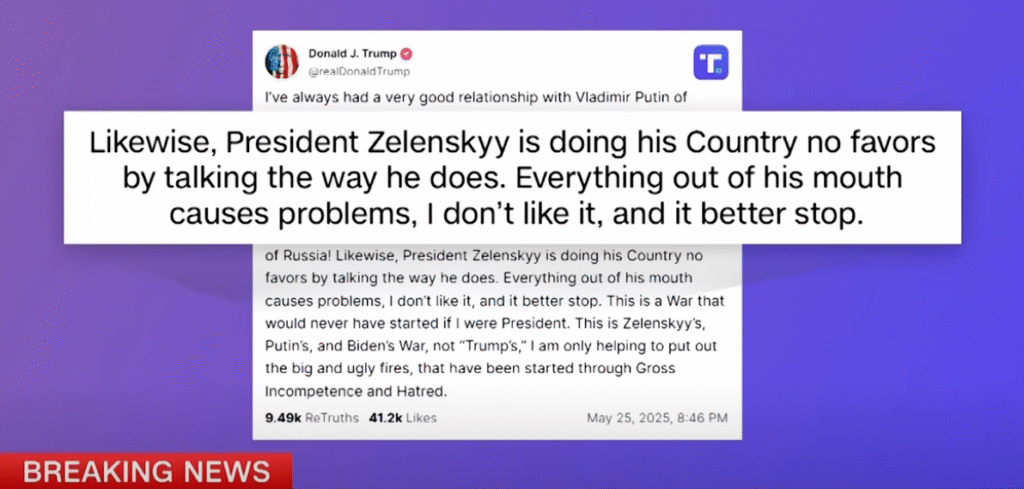
A United Front
The president’s remarks were met with applause from the international audience, which included representatives from NATO member states, security analysts, and diplomats. Several analysts noted that Stubb’s words carry weight far beyond Finland’s borders.
“This is not just a Nordic perspective,” said Dr. Margareta Lindholm, a defense analyst at the Swedish Institute of International Affairs. “Many in Europe and the United States view the invasion as a colossal miscalculation that weakened Russia’s global standing and revitalized the Western alliance.”
Indeed, the invasion of Ukraine has had the unintended effect of galvanizing Europe. The European Union, often criticized for slow consensus-building, imposed unprecedented sanctions on Russia, supplied military aid to Ukraine, and began rearming after years of underinvestment in defense. Germany announced a major overhaul of its military strategy, while countries like Poland and the Baltic states accelerated defense spending.
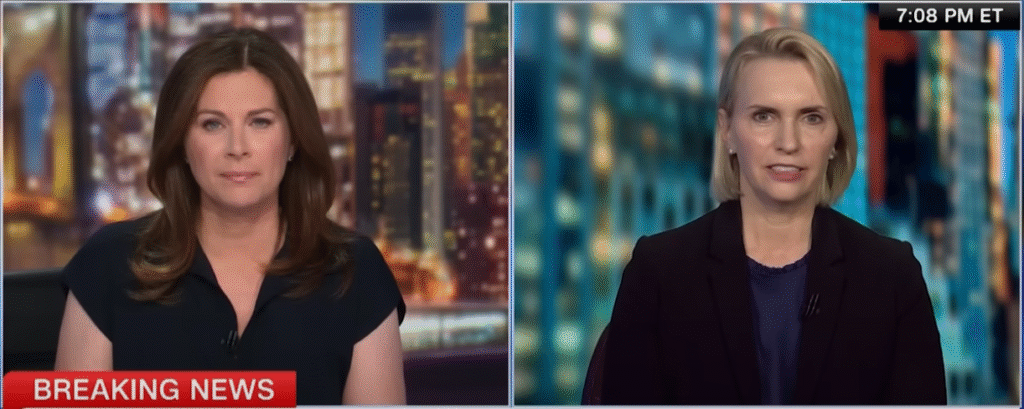
Military Failures and Economic Fallout
From a military standpoint, Russia’s campaign in Ukraine has been plagued by logistical failures, poor planning, and unexpectedly fierce Ukrainian resistance. Initial assumptions of a swift victory collapsed within weeks as Ukrainian forces, bolstered by Western intelligence and arms, held key cities like Kyiv and Kharkiv. The war has since turned into a grinding conflict with high casualties and uncertain outcomes.
President Stubb noted that the failure to achieve a quick and decisive victory has come at an enormous cost to Russia. “Tens of thousands of Russian soldiers have died. The economy is suffering under sanctions. The ruble has plummeted, foreign investment has fled, and Russia is more isolated than ever.”
According to independent estimates, Russia’s GDP has contracted significantly since 2022, with oil and gas revenues falling due to reduced European demand. While Moscow has attempted to pivot trade toward China and other partners, Western sanctions have restricted access to advanced technologies and financial systems, crippling critical sectors.
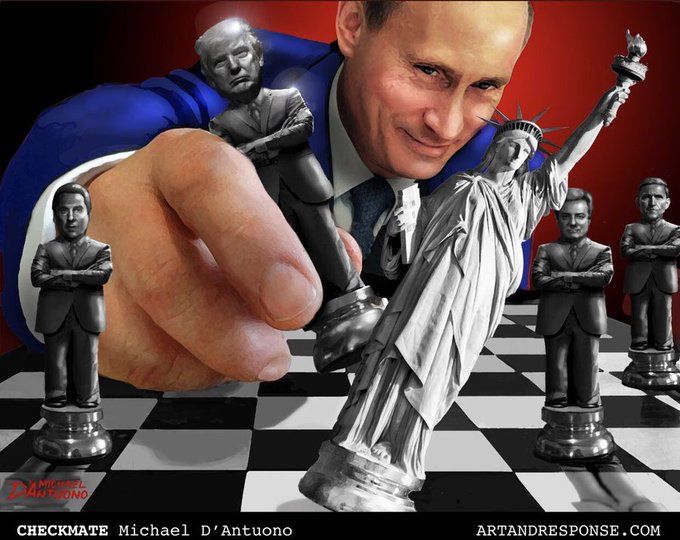
Nordic Unity and Regional Defense
In the wake of the invasion, the Nordic countries have shown unprecedented unity. Sweden, which had also maintained a non-aligned status for over 200 years, joined NATO shortly after Finland. The Nordic states have deepened joint defense initiatives, integrated air and naval operations, and enhanced cyber defense capabilities.
President Stubb emphasized the strategic importance of the Arctic and Baltic regions, which are now central to NATO’s northern defense strategy. “We understand the geography. We understand the threat. And we’re prepared,” he said.
He also confirmed that Finland has finalized agreements to host NATO forces and equipment on its territory, making it a forward-operating zone for rapid deployment in case of future Russian aggression. “Deterrence is the name of the game. We are not aggressors. But we are ready to defend every inch of our land and every inch of NATO territory,” Stubb declared.
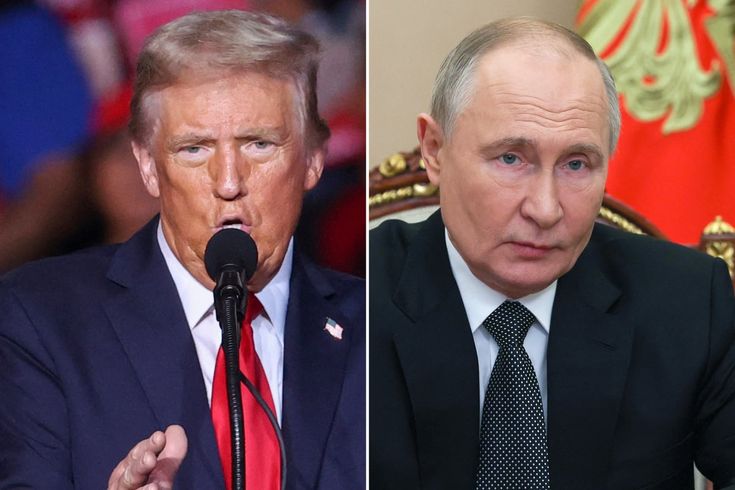
The Moral and Democratic Imperative
Beyond military and strategic considerations, the Finnish president emphasized the moral dimension of the conflict. “Ukraine is not just fighting for its territory—it’s fighting for the right to exist as a free, democratic nation. If we let that be destroyed by brute force, we all pay the price.”
Stubb criticized authoritarianism and expressed solidarity with democratic movements worldwide. He warned that appeasement or ambiguity in the face of aggression only emboldens future threats. “History has taught us what happens when dictators are not challenged. Finland learned it the hard way during the Winter War of 1939. Today, we stand with Ukraine, because we know what’s at stake.”
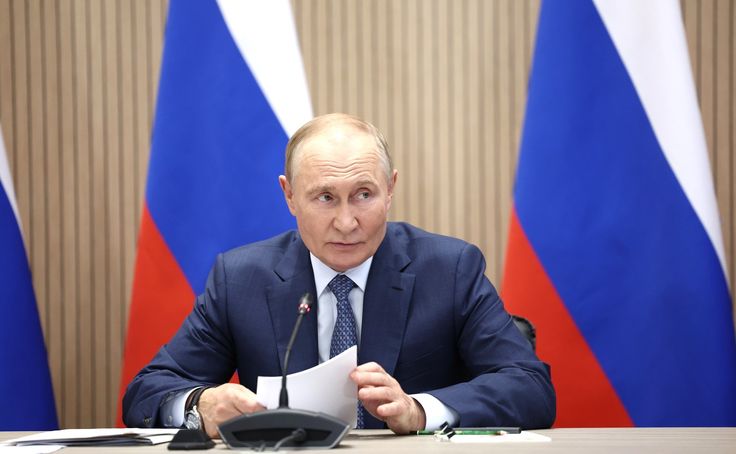
Russia’s Diminished Global Role
According to President Stubb, the invasion of Ukraine has fundamentally weakened Russia’s global influence. Once seen as a geopolitical heavyweight, Russia now finds itself increasingly dependent on countries like China, with diminished sway in Europe, the Middle East, and Africa.
He suggested that Moscow’s decision to prioritize military adventurism over economic modernization and global integration was shortsighted. “Strategic power is not measured only in missiles and tanks. It’s about resilience, alliances, economy, technology, and legitimacy. In all these areas, Russia has diminished itself.”
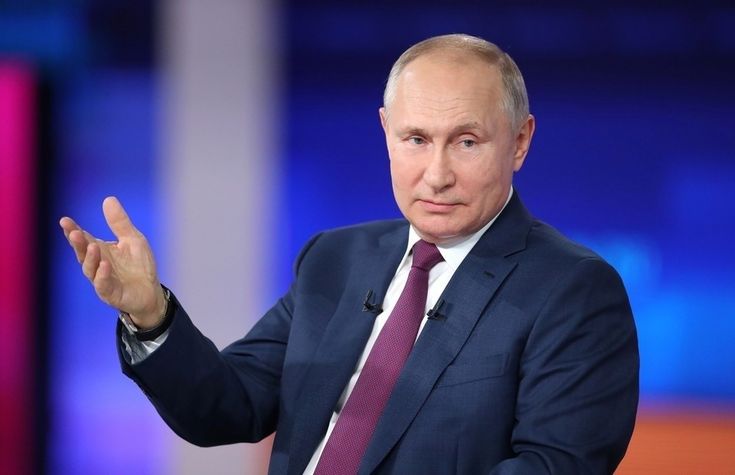
Looking Forward
President Stubb closed his remarks by reaffirming Finland’s commitment to European unity, transatlantic cooperation, and peace through strength. He called on democratic nations to remain vigilant, support Ukraine materially and morally, and resist fatigue as the war enters a prolonged phase.
“Putin thought he could divide us. He thought he could use energy as a weapon, spread disinformation, and bully his way into concessions. He was wrong. Europe is more united than at any time since the Cold War. And we will not turn away from this challenge.”
As the world watches events in Ukraine continue to unfold, Finland’s president has made it clear: the strategic misjudgment by Vladimir Putin has not only failed to achieve its goals—it has strengthened the very alliances and values he sought to weaken.
